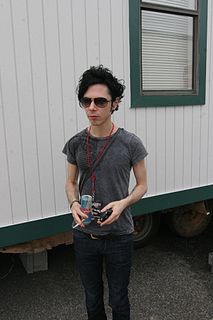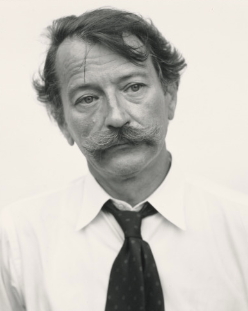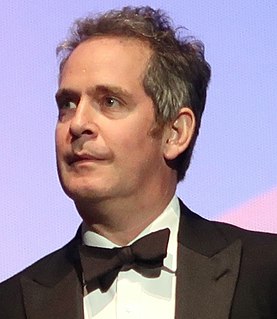A Quote by Ansel Adams
While the photos at the D.M.V. (New York) will still be taken in color, the engraving is done in grayscale, hence the Ansel Adams feel.
Related Quotes
Quality doesn't mean deep blacks and whatever tonal range. That's not quality, that's a kind of quality. The pictures of Robert Frank might strike someone as being sloppy-the tone range isn't right and things like that-but they're far superior to the pictures of Ansel Adams with regard to quality, because the quality of Ansel Adams, if I may say so, is essentially the quality of a postcard. But the quality of Robert Frank is a quality that has something to do with what he's doing, what his mind is. It's not balancing out the sky to the sand and so forth. It's got to do with intention.
The most striking feature of the new is the sheer mass. Photography was previously a mass phenomenon, but now, quantity is doubtless the outstanding quality. For a long time photos have been taken frequently and everywhere, but now photos are taken permanently and everywhere,... What is new is that we can watch them practically in real time.
I feel the change. I feel the relationship with New York changing. It's a personal relationship you have with the city when you move there. I definitely romanticize the early 2000s. As much as I prefer the city then as opposed to now, I'm sure if I were 23 and I moved to the New York of right now, I could have the same exact experience. I don't really hate the cleaning up of New York, even though it's not my preferred version of New York.
Well,’ I said, ‘Paris is old, is many centuries. You feel, in Paris, all the time gone by. That isn’t what you feel in New York — ’He was smiling. I stopped. ‘What do you feel in New York?’ he asked. ‘Perhaps you feel,’ I told him, ‘all the time to come. There’s such power there, everything is in such movement. You can’t help wondering—I can’t help wondering—what it will all be like— many years from now.


































